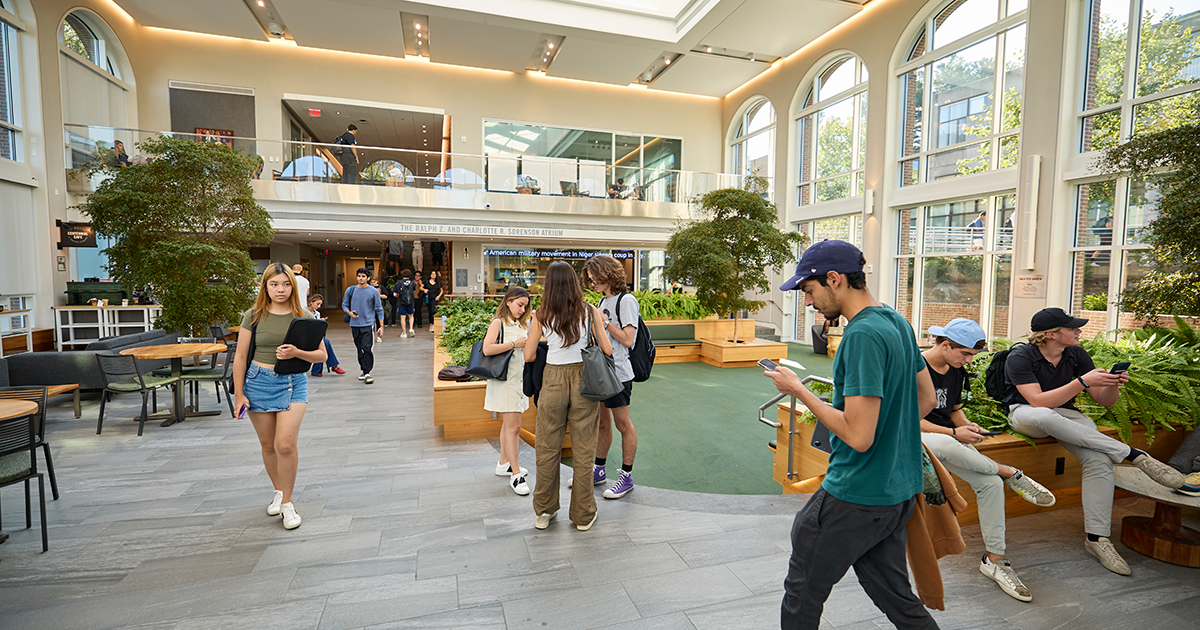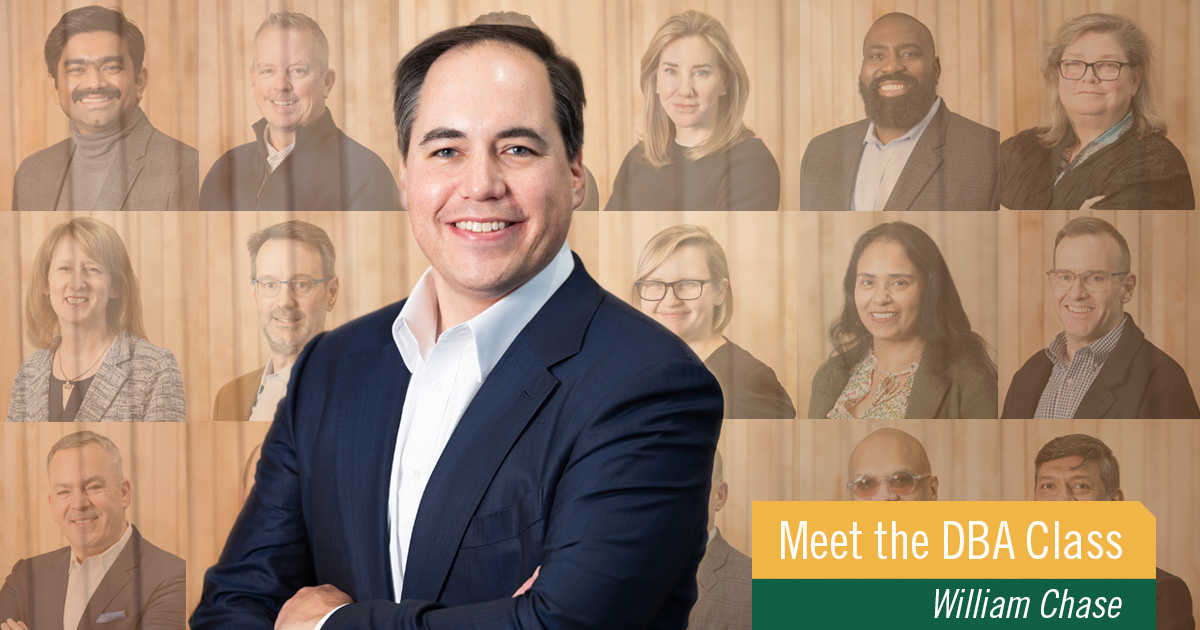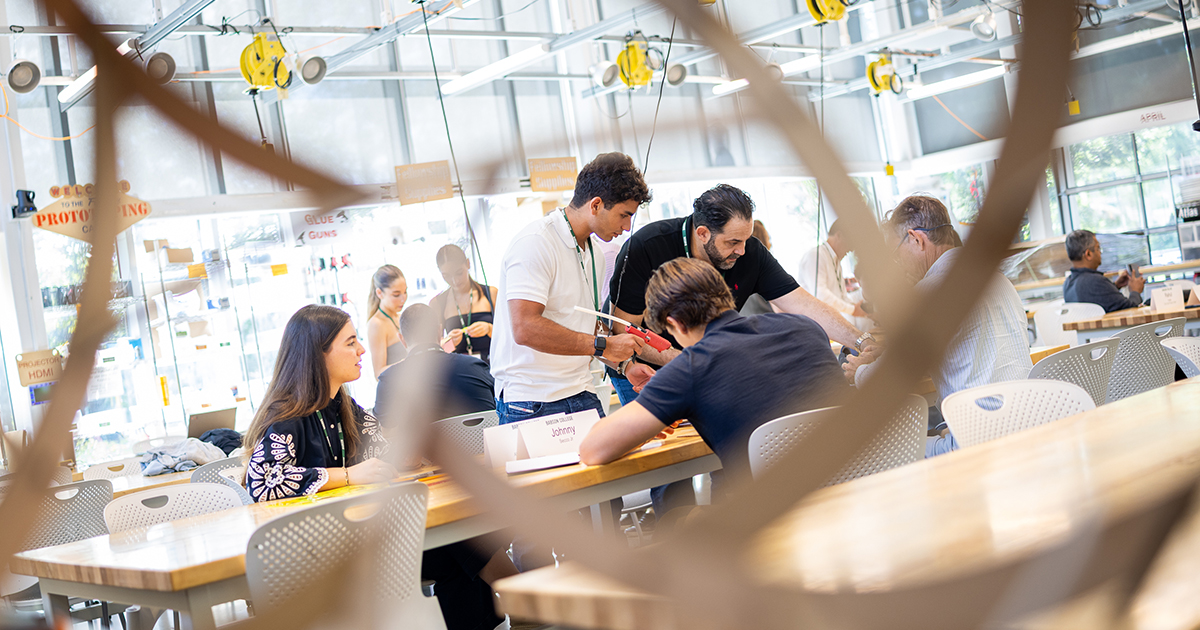Time to Evaluate Video Conferencing? Assistant Professor Kerry Gibson Says Yes

It’s an early weekday morning. You wake up and get ready for the day in some shape or form. You then head to your desk, or perhaps a familiar space that you’ve come to know as your workstation for the last several months.
You’re still working frequently on your computer, only now, those in-person meetings of the past have been replaced with a series of tiles featuring the faces of colleagues. This has become our primary form of communication, one that workers around the country were thrust into in March in a hurried transition to remote work.
Now almost six months into work in this virtual world, Kerry Gibson, assistant professor of organizational behavior, says it’s time to evaluate our approach to video conferencing, specifically whether every conversation requires a camera.
Reflecting on Our Normal
Last week, Zoom experienced a four-hour partial outage across the United States. The block of time may have been a moment of panic for some, but it provided a much-needed reprieve for others.
Though today’s video conferencing tools offer benefits for remote work, such as adding comments through chat without disrupting the flow of the meeting, not every conversation may need to be conducted over video, says Gibson.
“What organizations need to be thinking about right now is how they can create a sense of belonging and inclusion when workers are remote.”
Kerry Gibson, assistant professor of organizational behavior
“Rather than quantity of meetings, I’d prefer to see organizations focus on the quality,” she says. “What organizations need to be thinking about right now is how they can create a sense of belonging and inclusion when workers are remote. Creating a community at work is needed now more than ever.”
With fewer opportunities for contact, managing and coaching employees individually is even more critical in this era of remote work, Gibson says.
“While I understand the sentiment that we are all in this together, we are also all in this differently,” she says. “We make a mistake when we assume our experience in the pandemic is the same as others’ experience. Organizations should make the time to reflect on what’s working and what isn’t at both the team level and the organizational level, too.”
Room for Innovation
As remote work seemingly appears to become a more substantial part of our future by the day, Gibson says there remains a need to re-create office small talk we have long been used to, namely through the casual conversations with colleagues in the hall, the kitchen, or by the water cooler.
“How can we do that now? I think we underestimated the power of those encounters,” says Gibson. “The organization that can figure out how to innovate around creating those type of interactions—whether it is the organization itself or the video conference providers—will be well-positioned in the future.”
When will in-person meetings resume on a regular basis? That remains uncertain. When the time comes, it’s likely they’ll occur in a new format.
“The longer we live in this predominately virtual meeting space, the larger the impact will be to our meeting norms of the future,” says Gibson. “I doubt in-person meetings will disappear altogether, but I do suspect they’ll be different than they used to be.”
Posted in Insights




